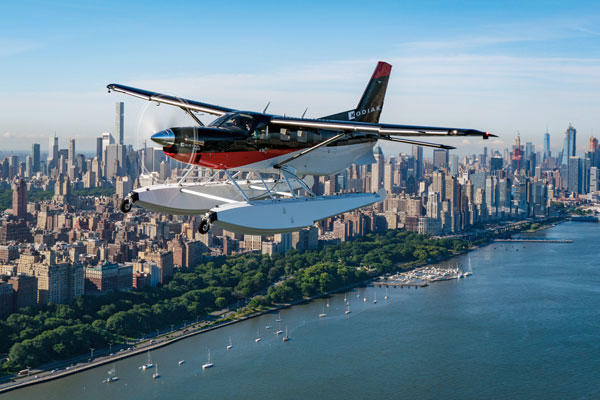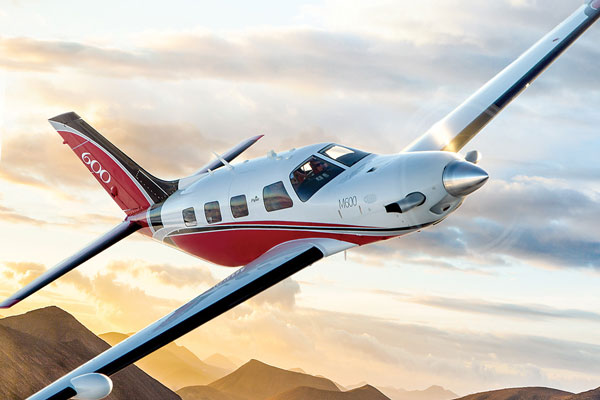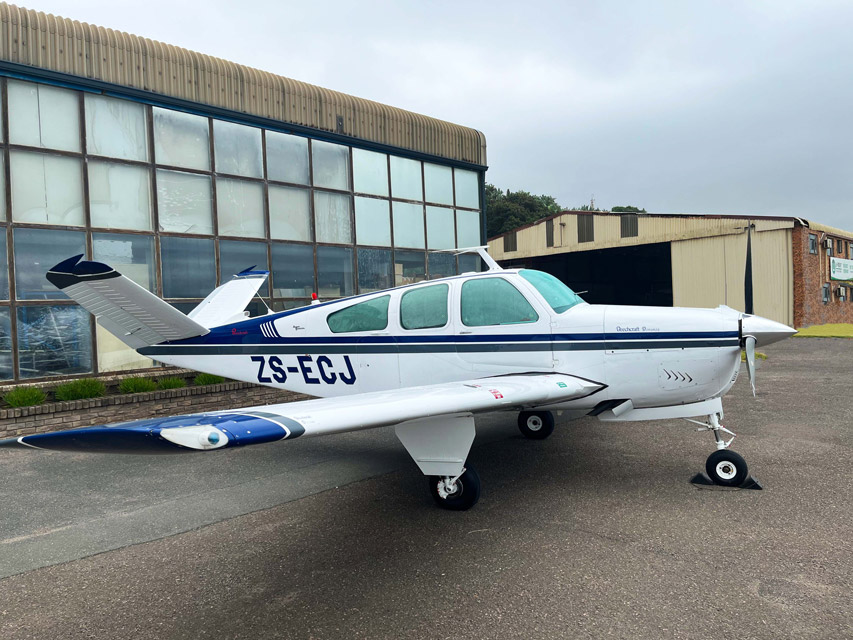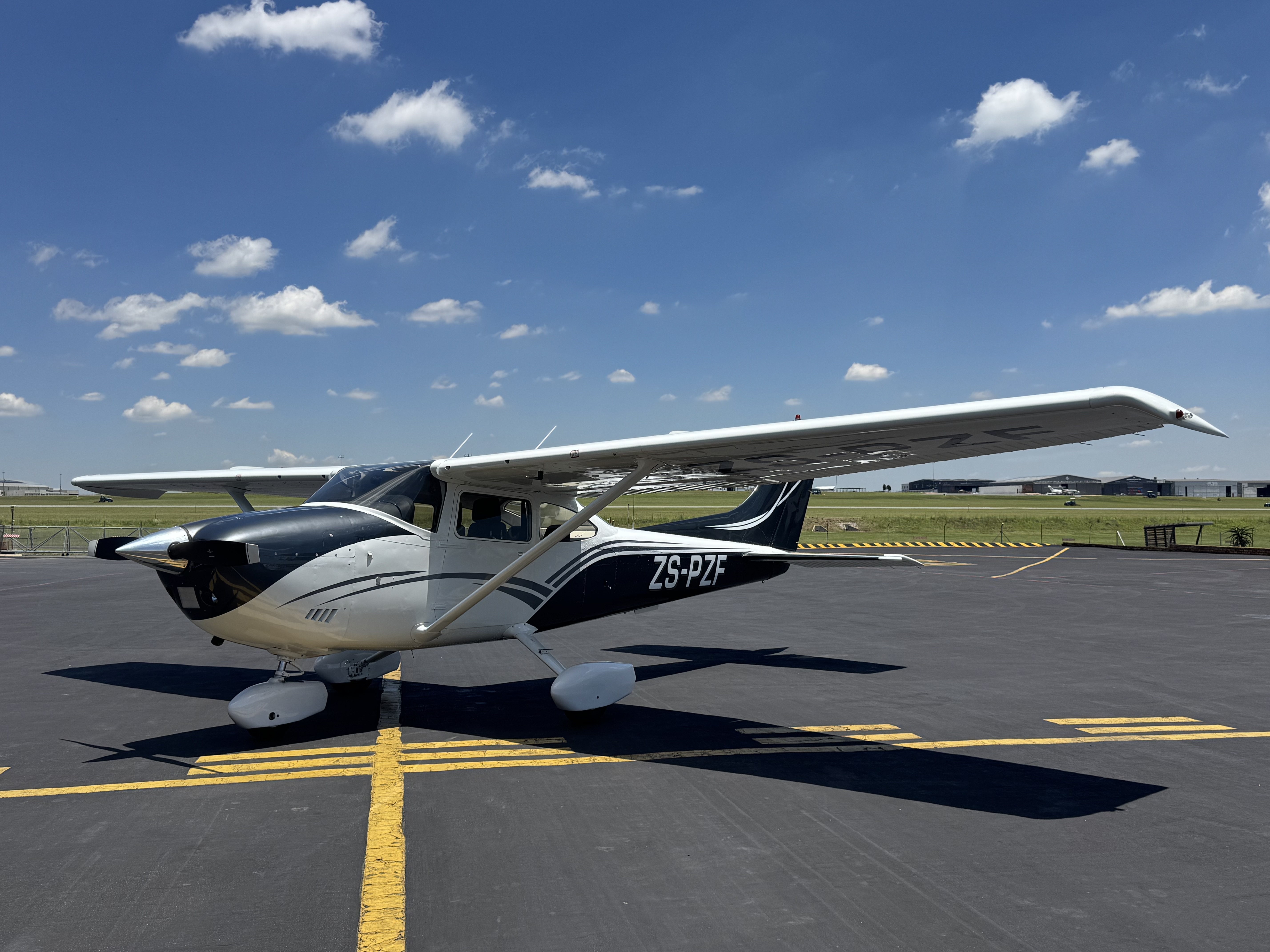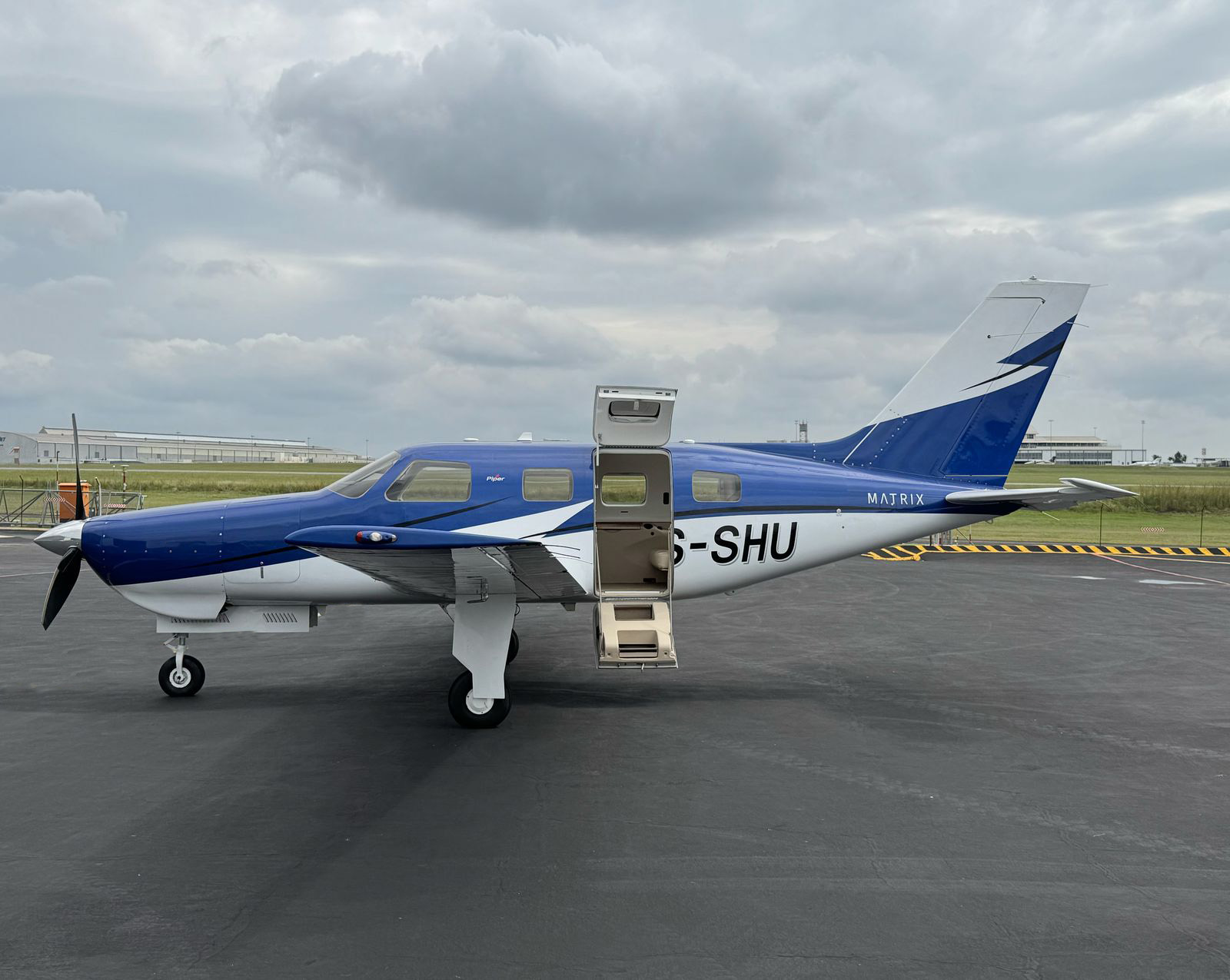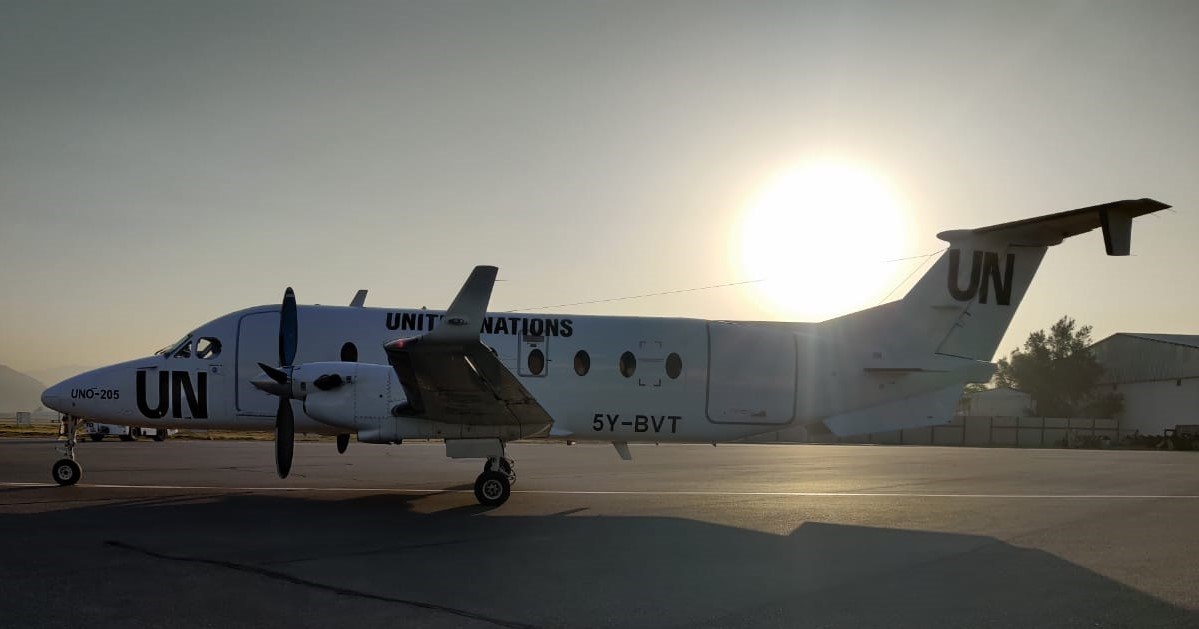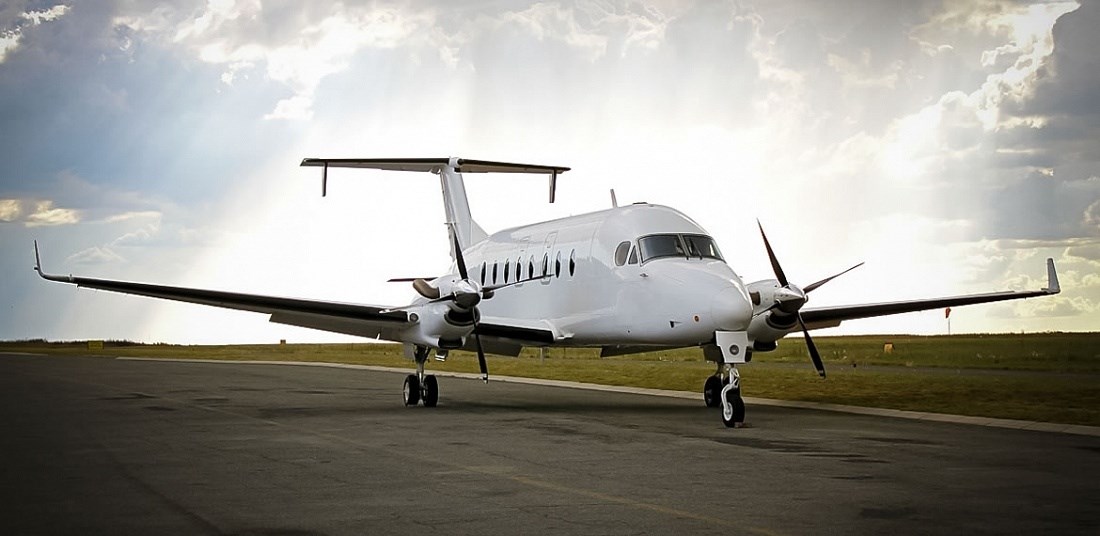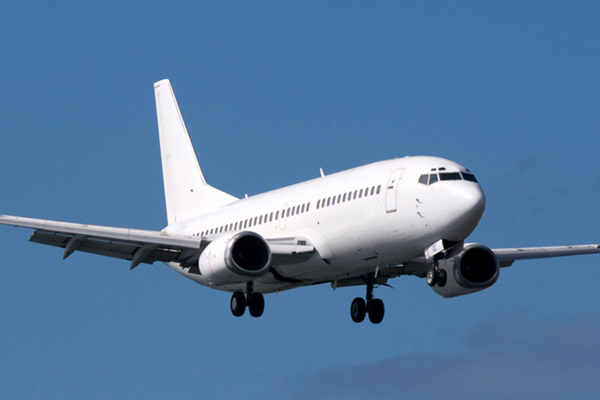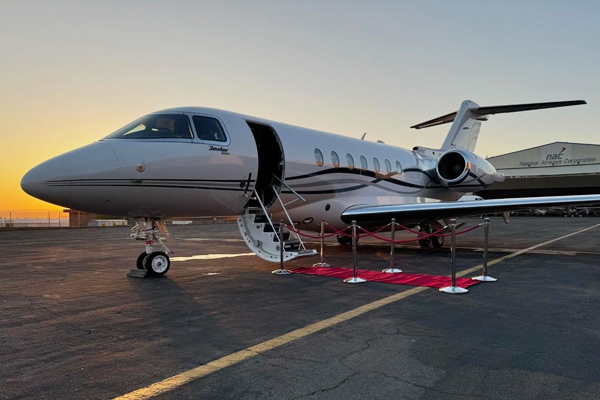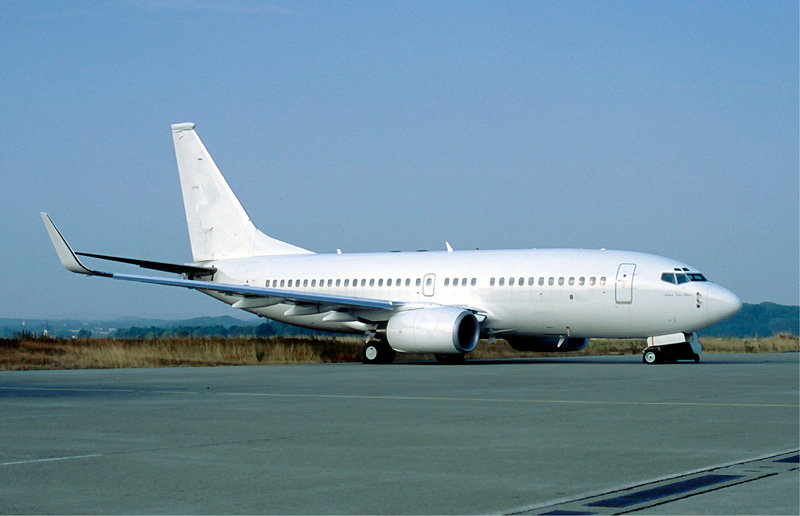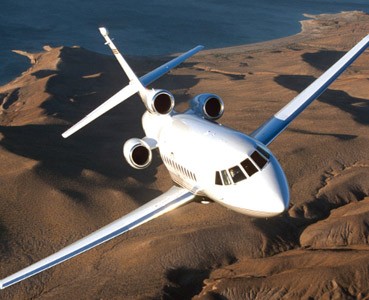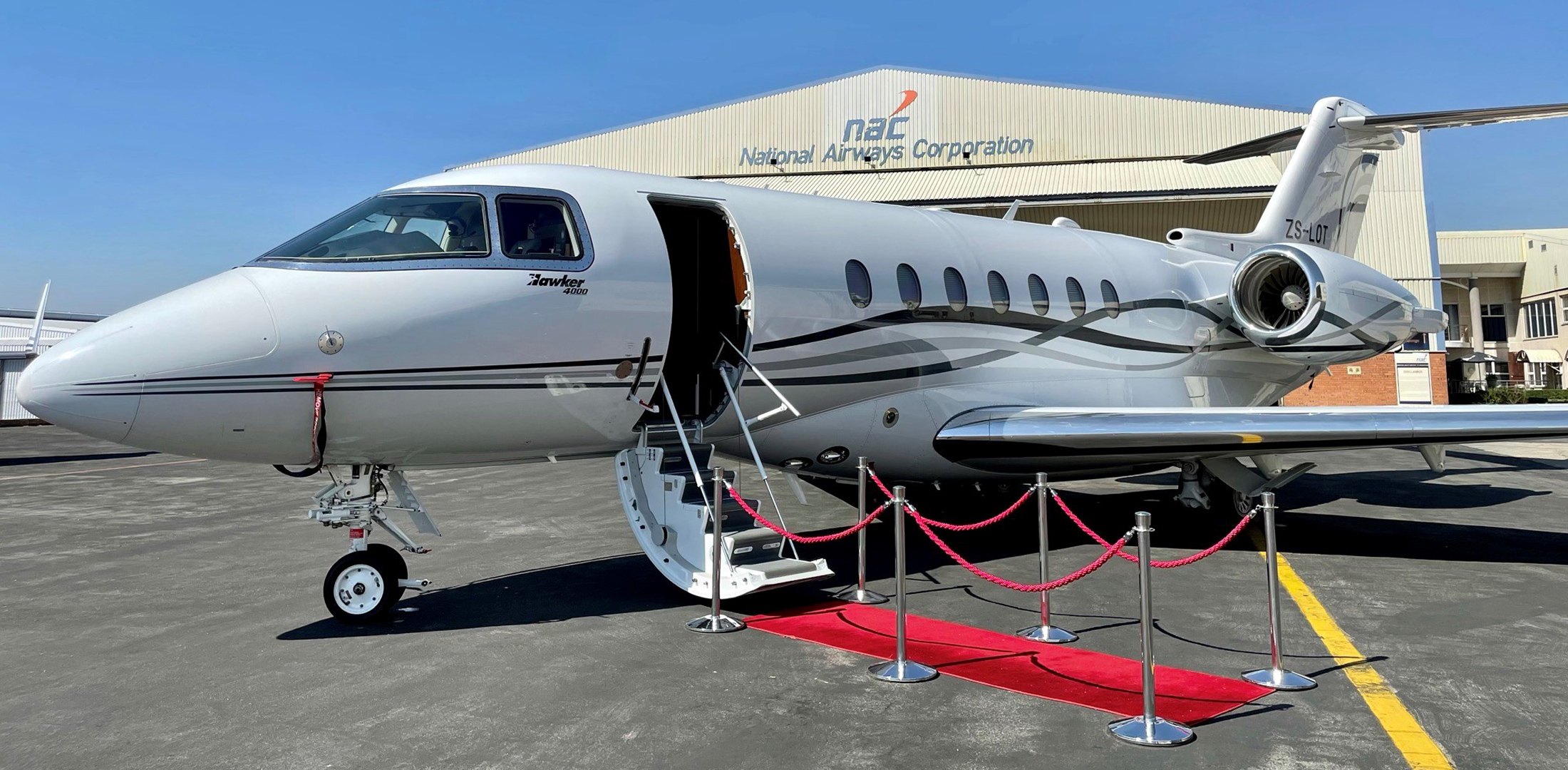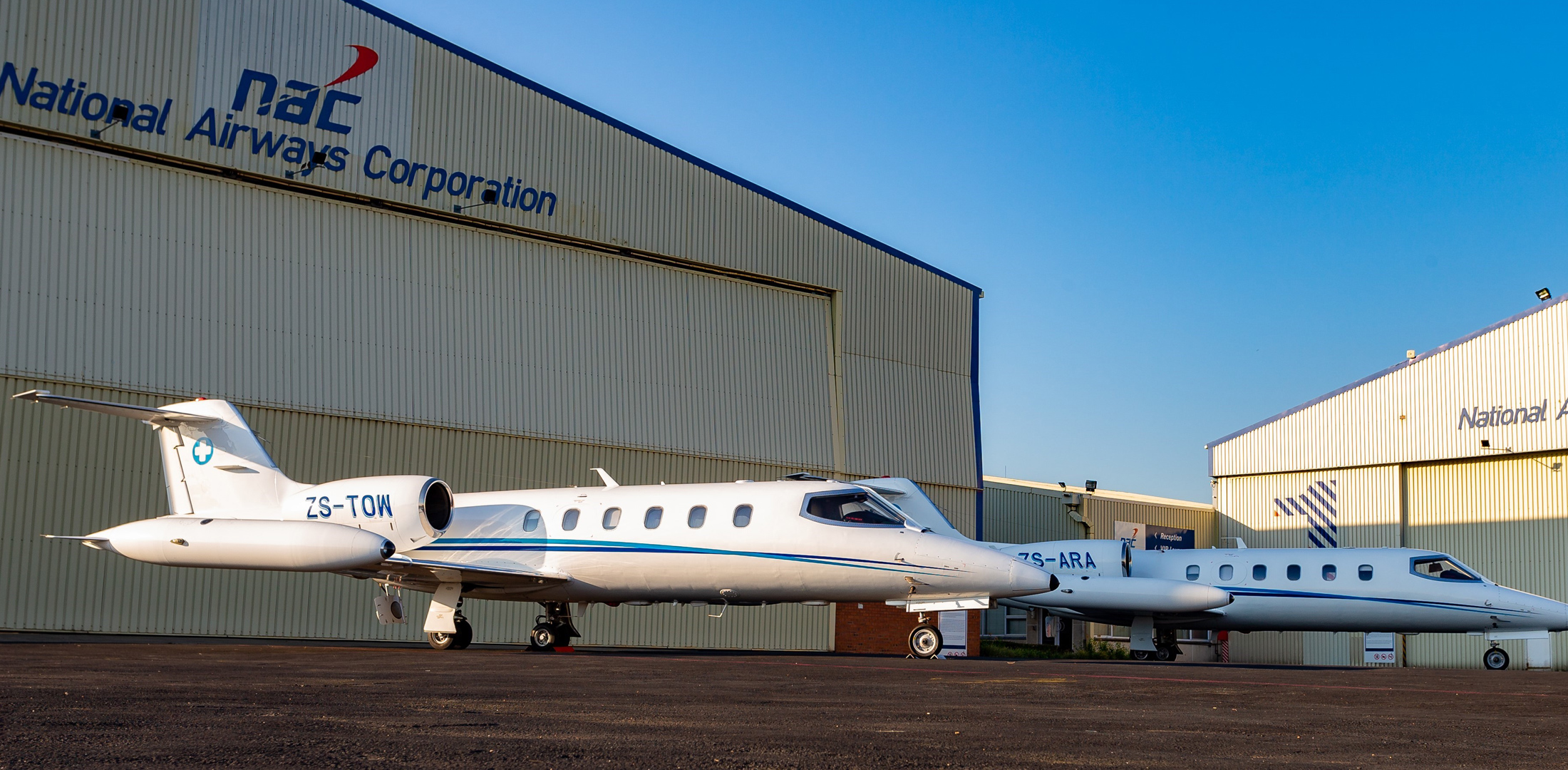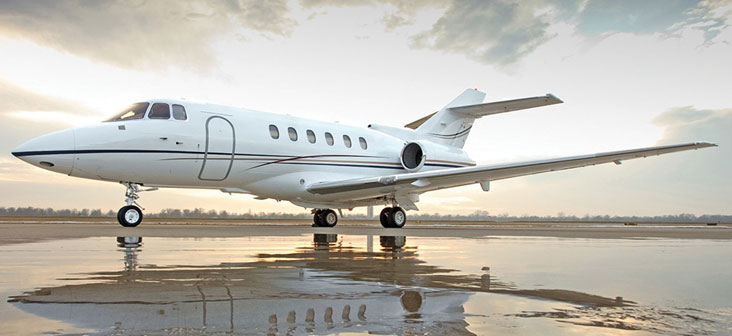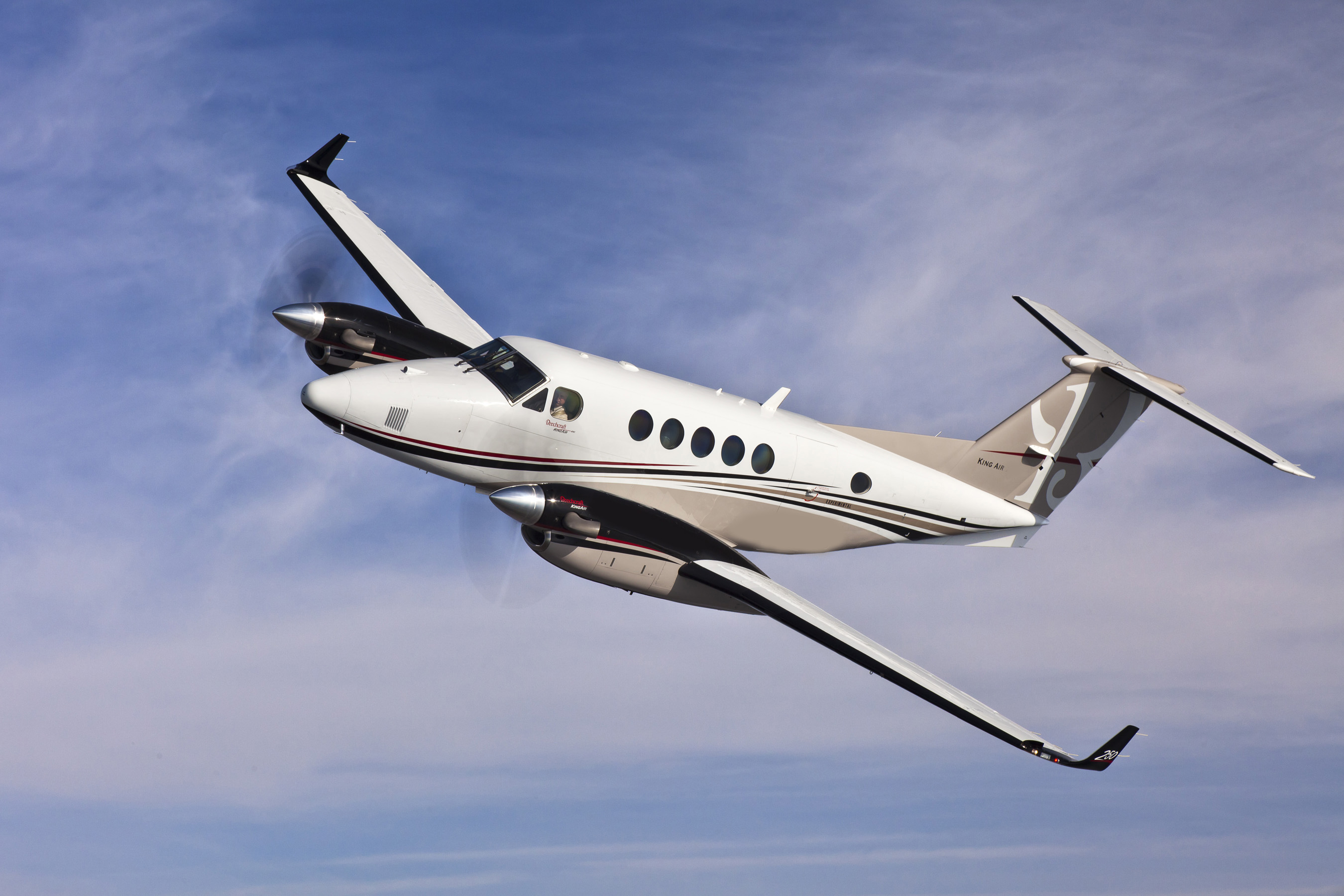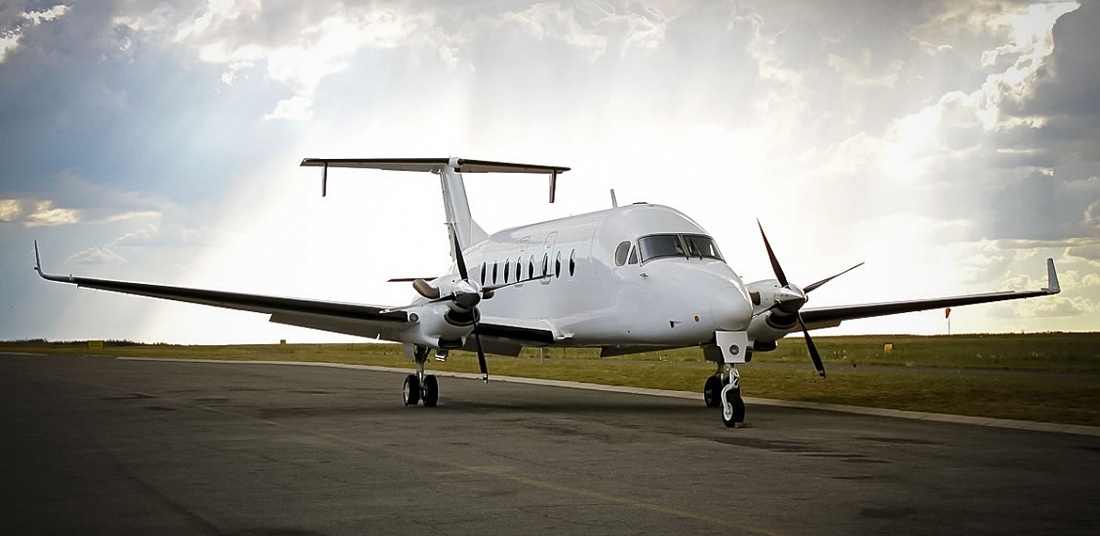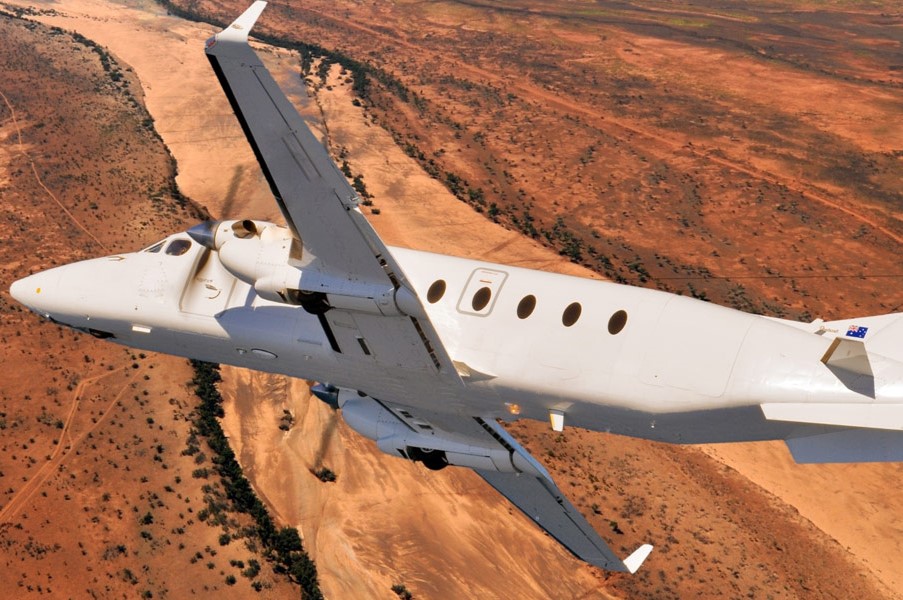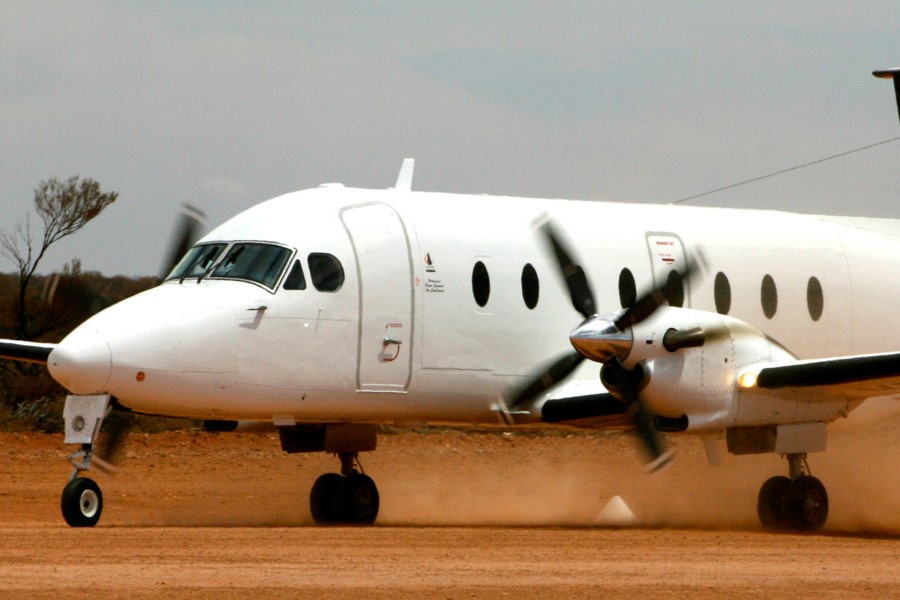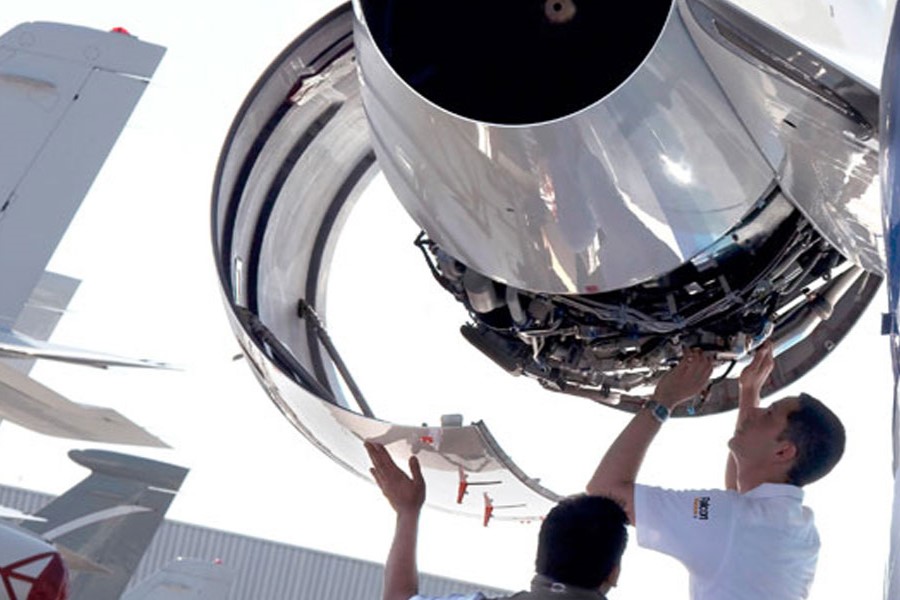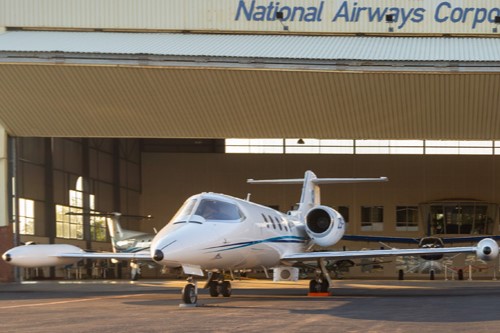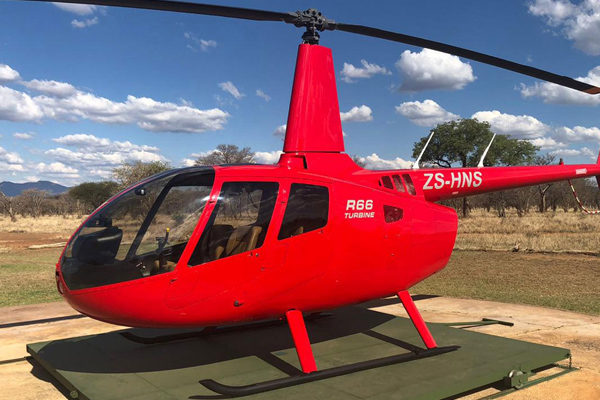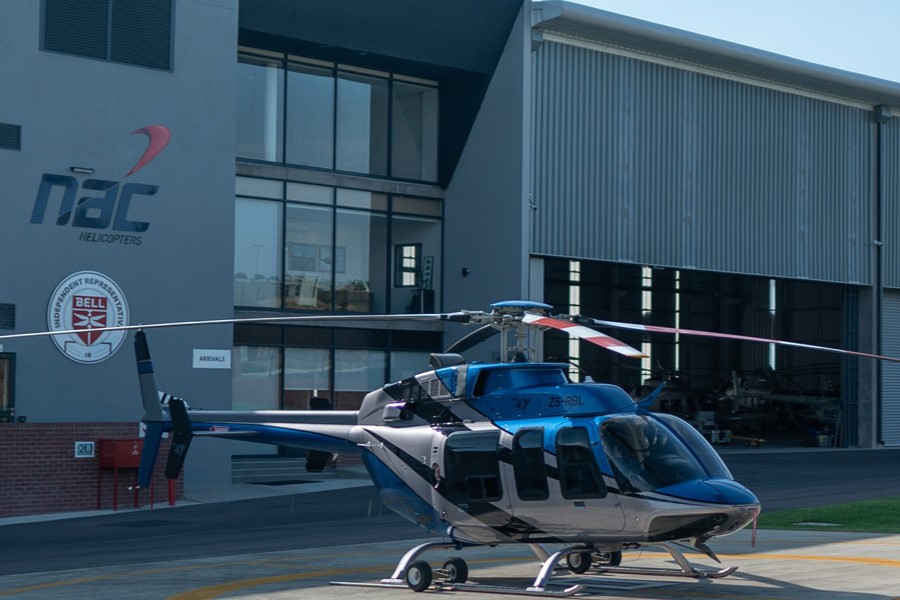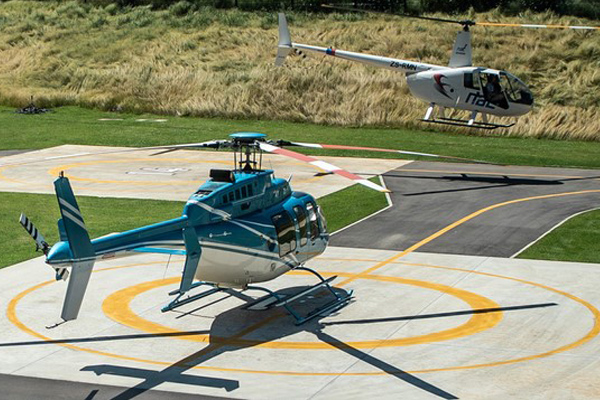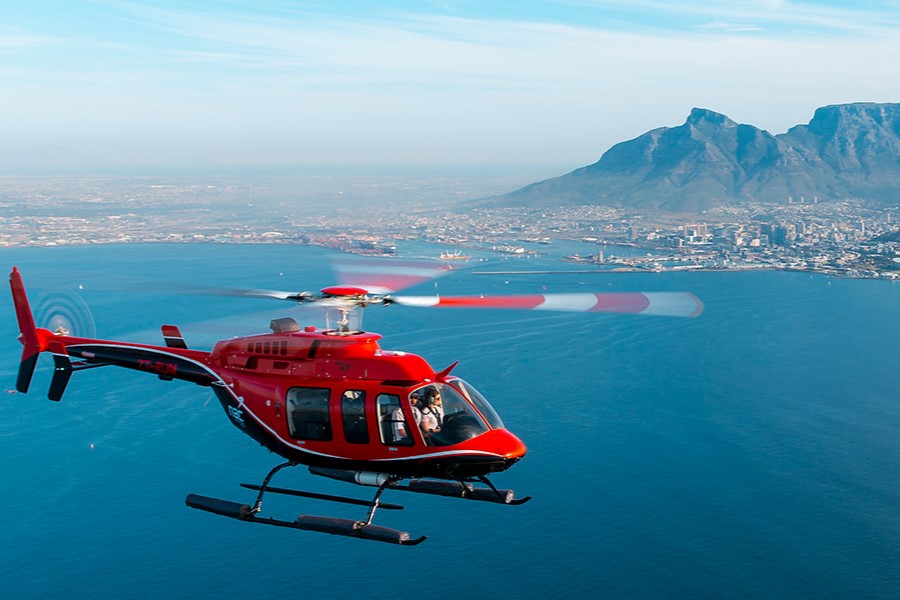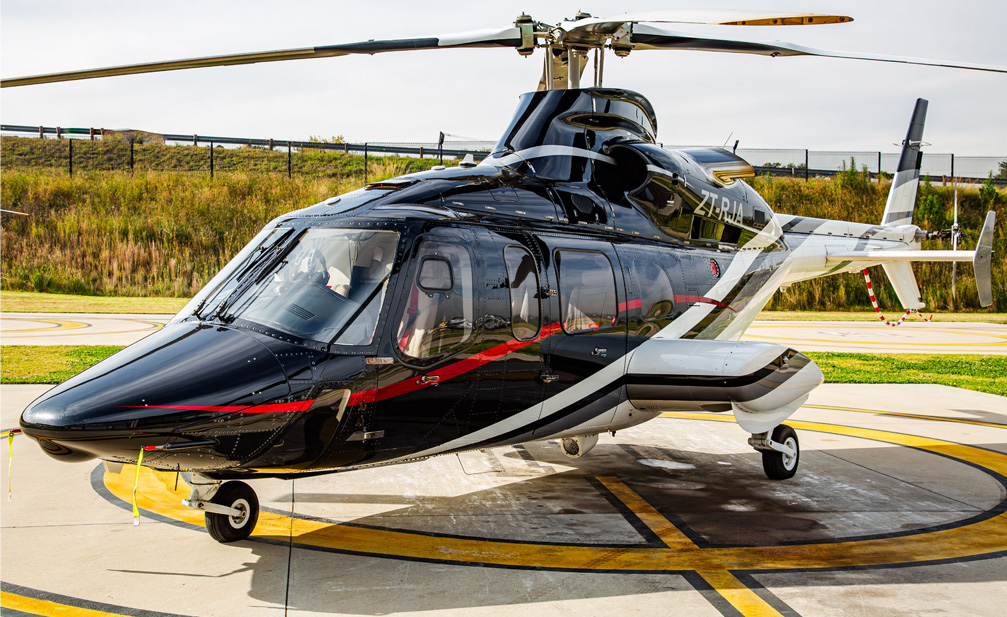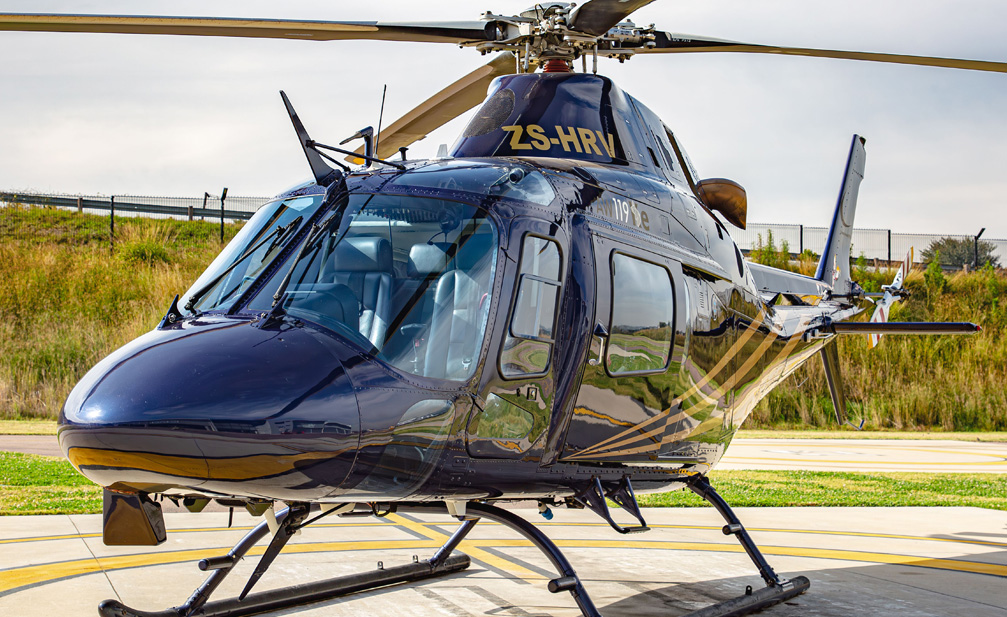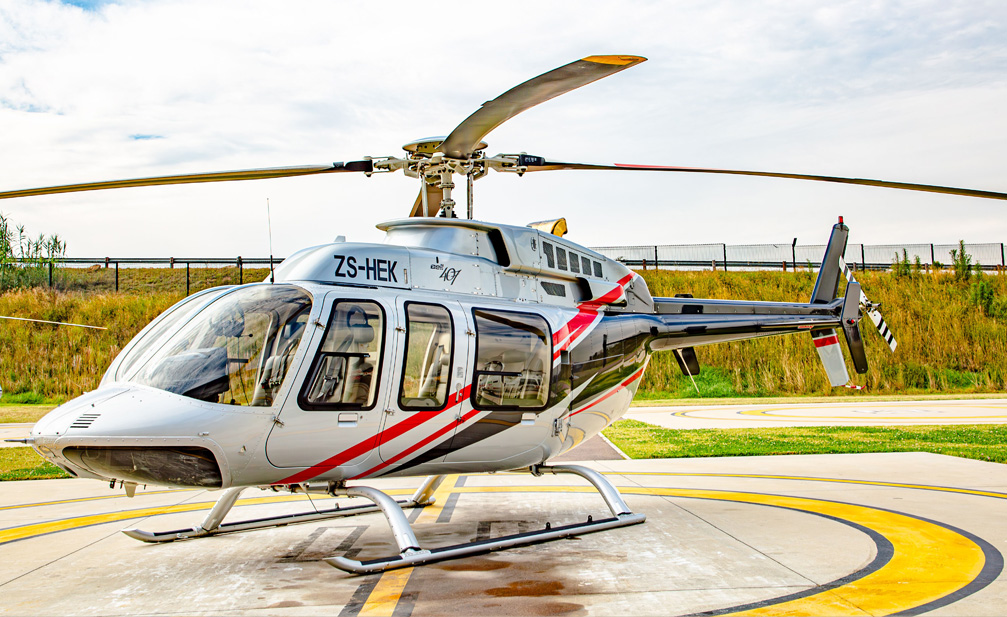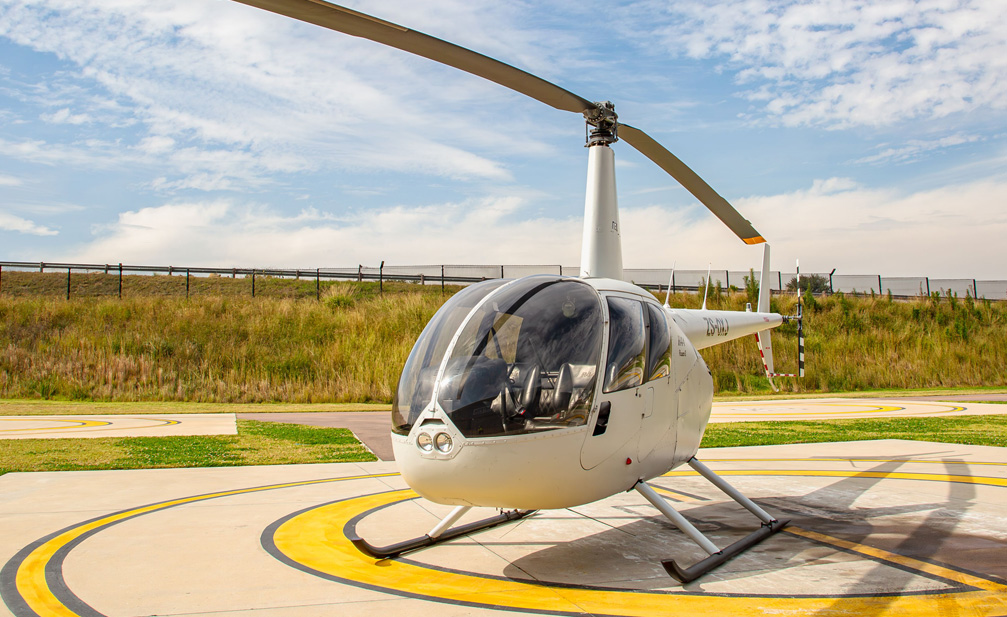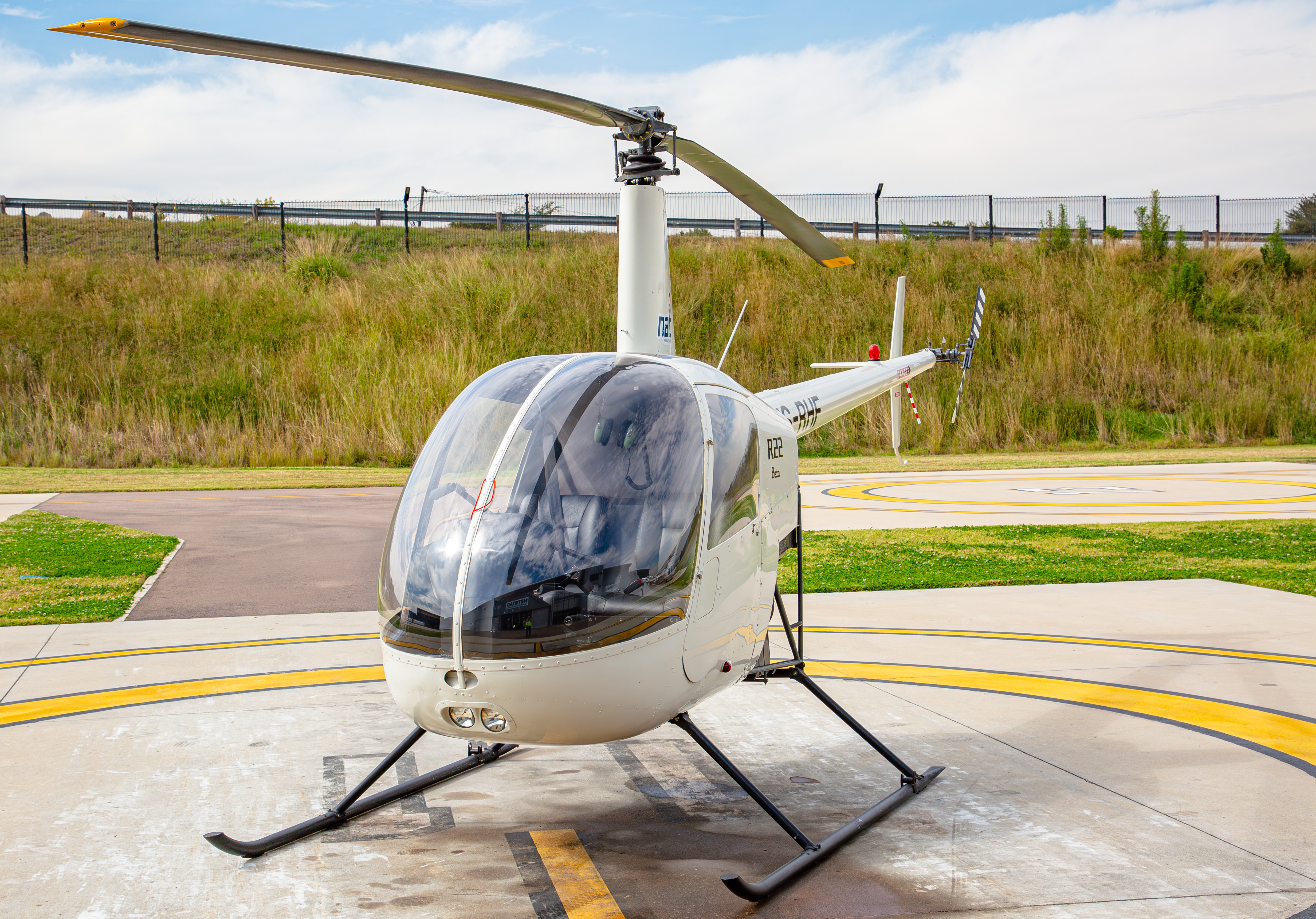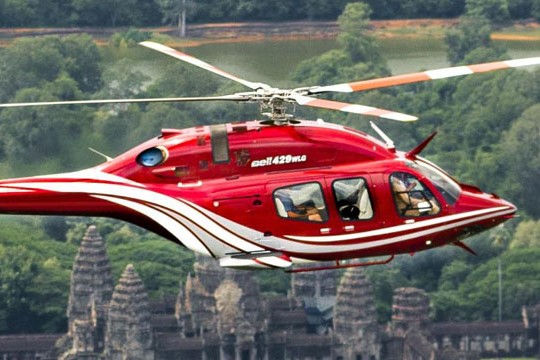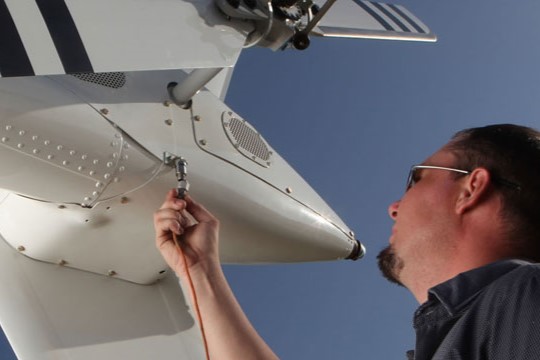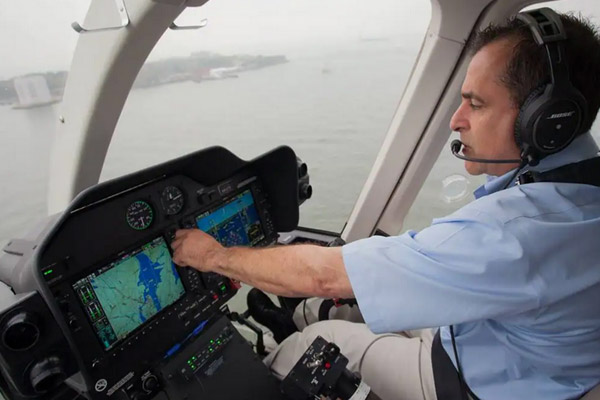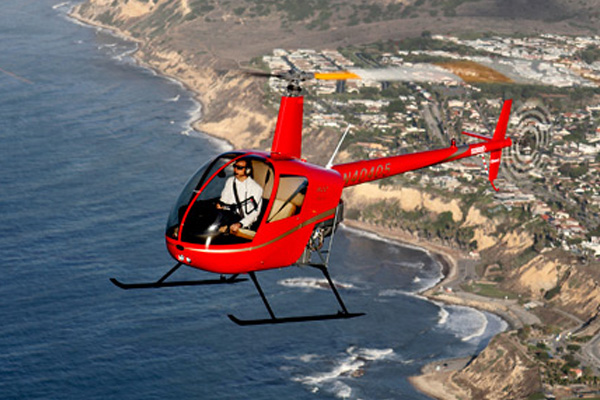Flight Safety Foundation: BARS Gold Approved

The Flight Safety Foundation’s (FSF) Basic Aviation Risk Standard (BARS) program is designed to provide organizations that engage contracted aircraft operators with a standard to assist in the risk-based management of aviation activities.
The BAR Standards
The BARS Program is made up of a suite of risk based aviation industry Standards with supporting Implementation Guidelines. All Standards are developed and presented in the bow-tie model for easy understanding and include a set of controls and defences for the identified risks.
There are dedicated Standards for offshore helicopter operations, aerial mustering and remotely piloted aircraft systems (RPAS). Within the Standards, there are operational categories for a wide variety of specialist roles such as airborne geophysical survey operations, night vision goggle operations, winching and hoist operations, medevac and helicopter external loads.
The Standards are developed by the industry and contracting companies and based around the specific risk these operations face in their day to day aviation activities.
The BARS Program Office (BPO) now publish four Standards in five languages, two Implementation Guidelines and delivers a number of training courses. The BARS Program has grown in membership and expanded from the resource and mining sectors to include government, insurance, commercial, defence and humanitarian organizations who also conduct global aviation activities in remote locations. It is active worldwide, with aircraft operators in contracted aviation services represented throughout every continent. The Audit Program is supported by training elements, data analysis and a suite of aviation Standards covering helicopter external loads, remotely piloted aircraft systems, offshore helicopter operations, night vision goggle operations, emergency medical services operations, aerial geophysical survey activities, aerial mustering and air dropping.
International Standard for Business Aircraft Operations

IS-BAO BUILDING A SAFETY CULTURE
The ultimate goal in implementing IS-BAO is to build a culture that continuously strives for a better, safer way of operating by identifying areas where better risk management will improve safety. Conformity to IS-BAO raises the confidence of operations personnel, customers, and insurance carriers, and demonstrates the company’s commitment to operational excellence.
THE INTERNATIONAL STANDARD FOR BUSINESS AIRCRAFT OPERATIONS - MORE THAN AN SMS
Launched in 2002, the International Standard for Business Aircraft Operations (IS-BAO™) was developed by the business aviation community and is designed to promote use of high quality operating practices by:
- Establishing a framework for effective safety and operational processes
- Providing tools to facilitate the implementation of best practices
- Delivering a Safety Management System (SMS) appropriate to all operational profiles
As the globally recognized voluntary safety standard, IS-BAO helps operators apply industry best practices by challenging them to review and compare their safety-related policies, processes and procedures, and then make improvements, elevating them to the worldwide standard for business aviation.
International Business Aviation Council

IBAC promotes the growth of business aviation, benefiting all sectors of its industry and in all regions of the world.
As a non-profit, international trade association, IBAC proudly represents the interests of business aviation -- for the industry, by the industry -- through its official observer status at the International Civil Aviation Organization (ICAO), worldwide advocacy, and globally recognized, voluntary safety standards programmes: the International Standard for Business Aircraft Operations (IS-BAO™), and the International Standard for Business Aviation Handlers (IS-BAH™).
Founded in 1981, the IBAC organization is managed by the Director General and an international staff and is directed by a Governing Board comprised of representatives designated by each of its 15 member associations from around the world.
Co-located at the ICAO headquarters in Montreal, Canada, IBAC provides expert advocacy and intelligence on behalf of the global business aviation community participating in various ICAO bodies whose work affects business aviation. Where business aviation association members work effectively in national and regional capitals, IBAC advocates at the global level – at ICAO – on behalf of the worldwide business aviation community.
IBAC Vision: To keep business flying around the world, accelerating economic growth, development, and environmental sustainability across all regions.
IBAC Mission: To serve the diverse needs of business aviation across the globe.
IBAC promotes and manages the industry-leading standards for safety and best practice through its:


